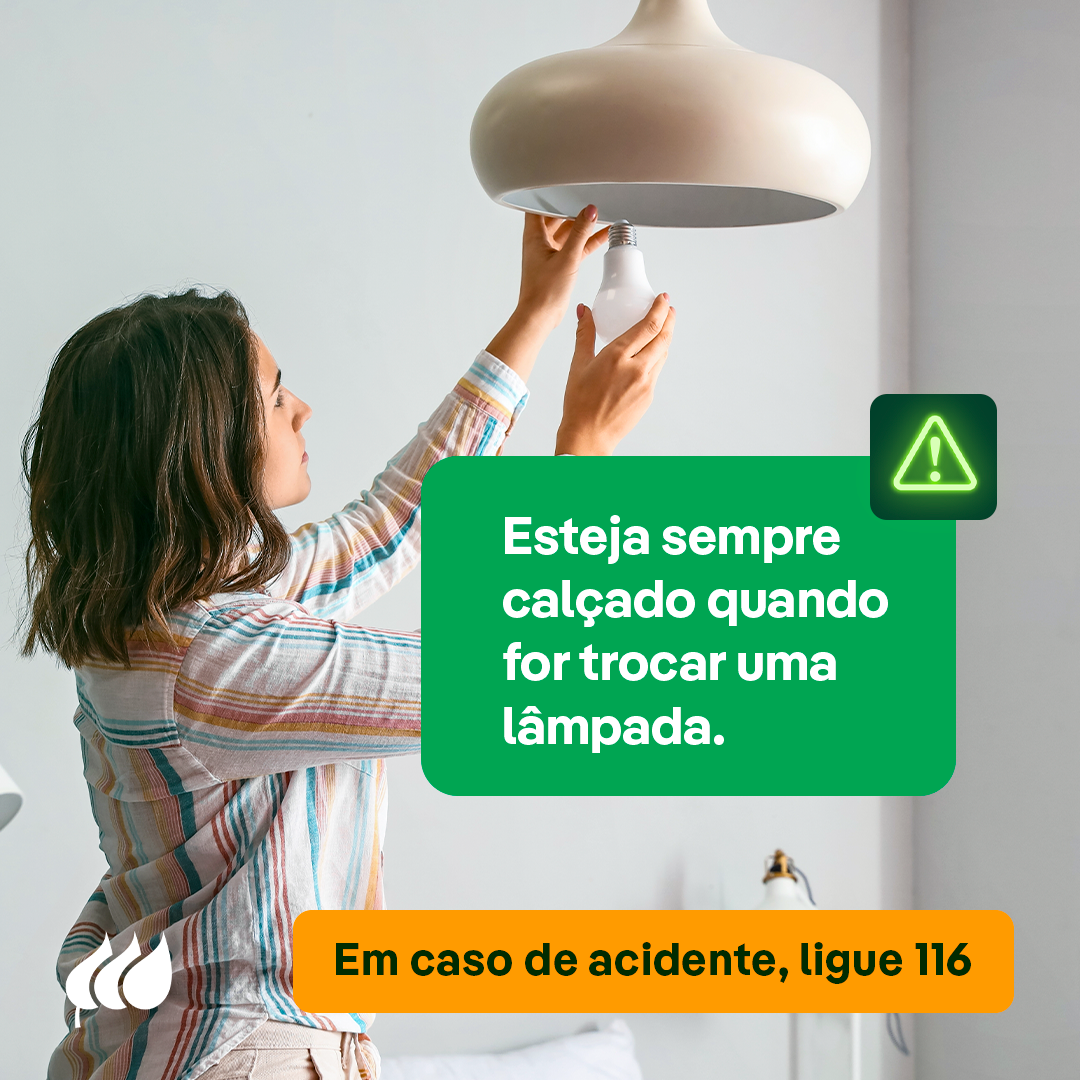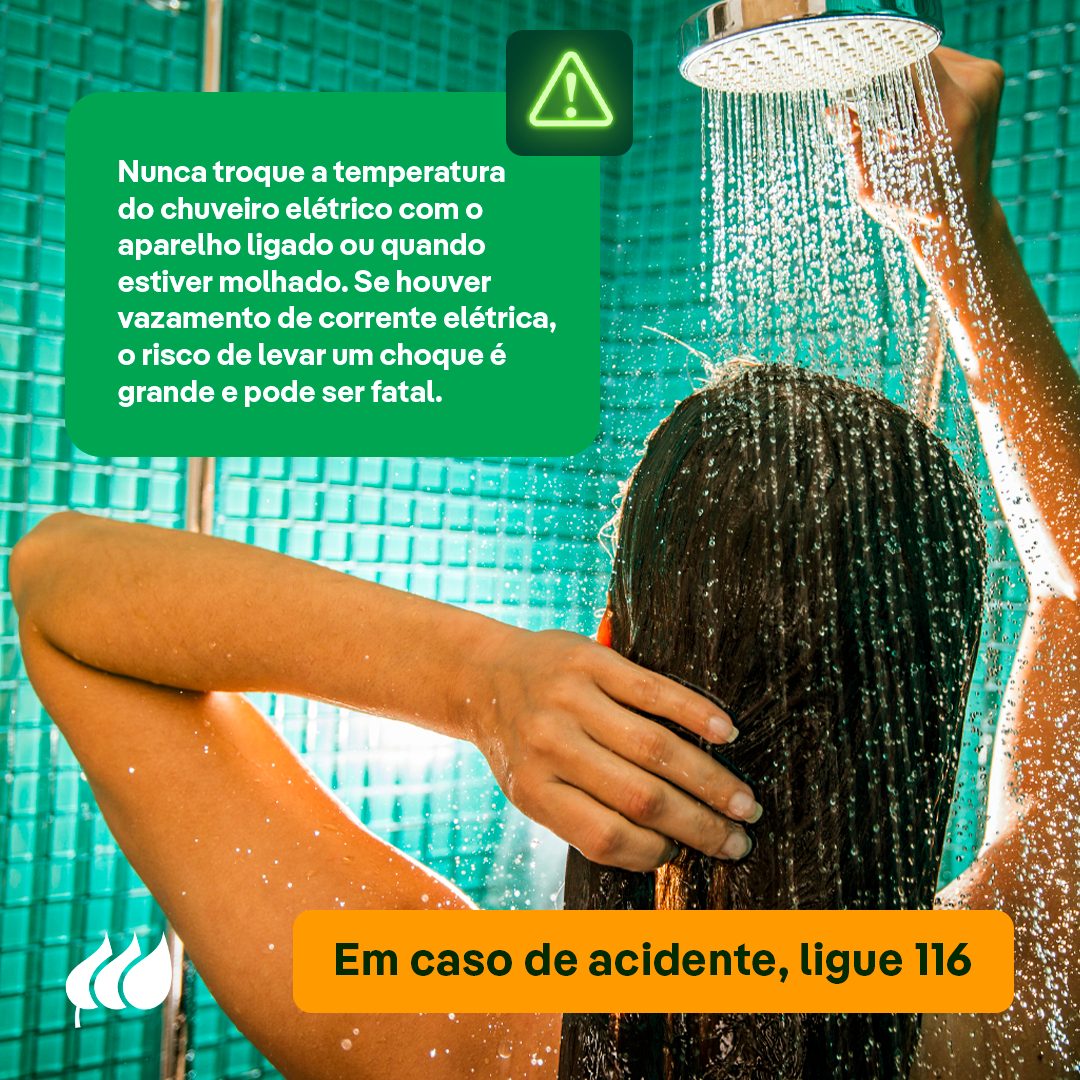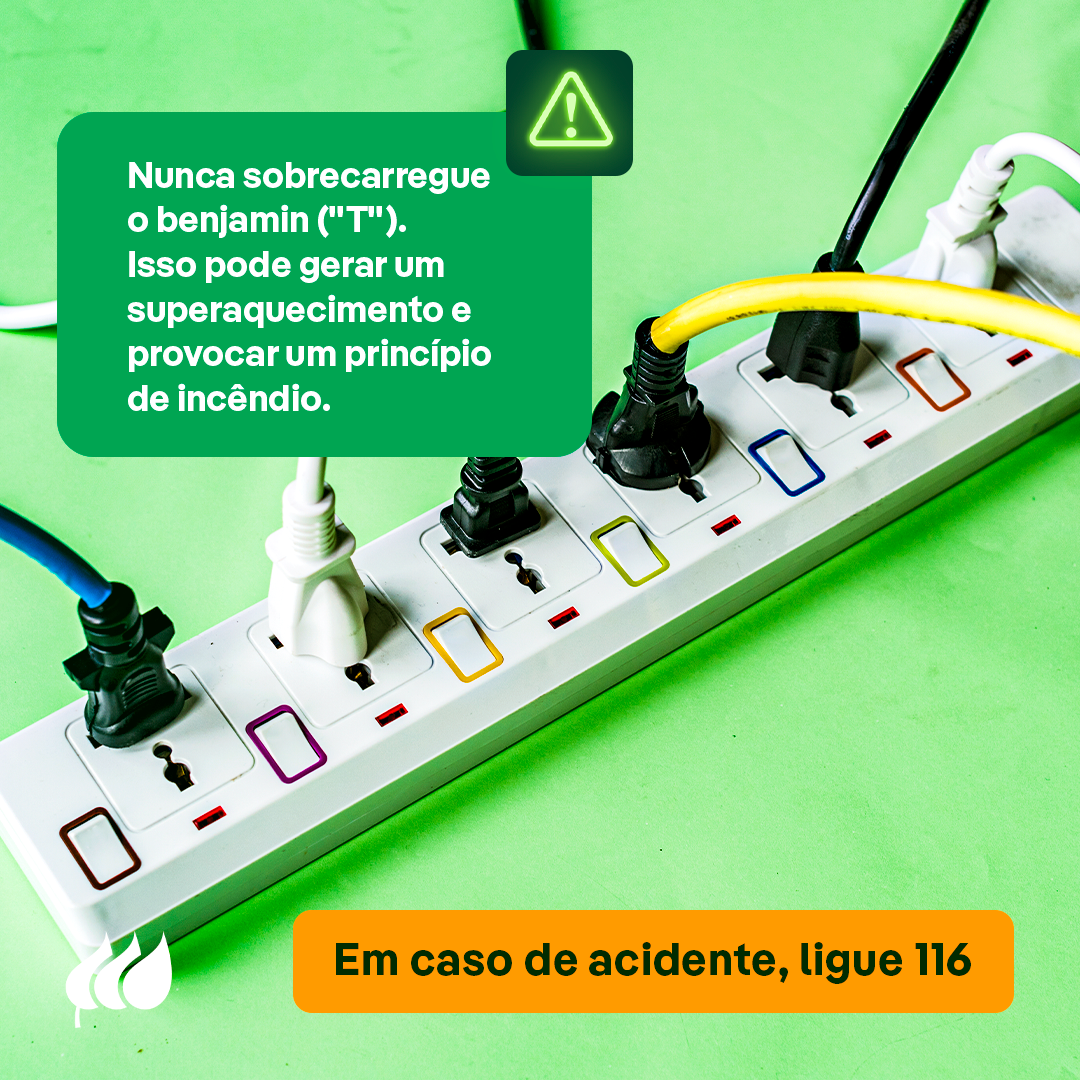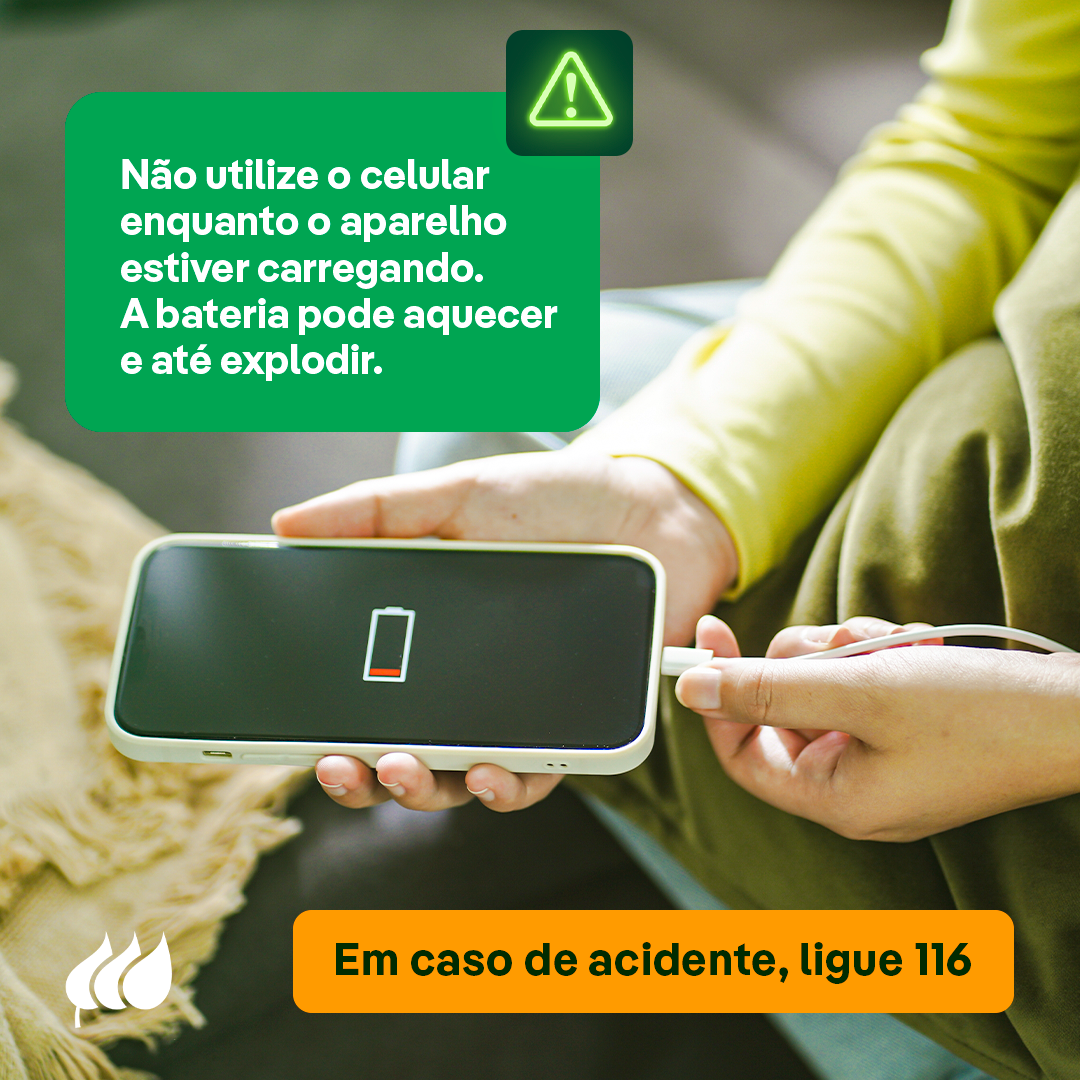
Home security
To avoid accidents with electricity, follow Neoenergia's simple tips for the safe use of electricity at home.
Lamp
-
Before making repairs to electrical installations, turn off the main switch or circuit breaker;
-
Make the change correctly, holding the insulated part (glass or bulb) of the bulb, without touching the metal part;
-
Do not use too much force when screwing in the bulb, as the glass could break in your hands;
-
Always wear shoes when carrying out the work.

Electronic devices
- To turn off electronic devices, use only the on/off key or button;
- If it is necessary to switch off directly at the socket, disconnect the equipment by pulling on the plug. Pulling on the cord can damage the cable and cause electric shock.
Washing Machine
- When unplugging the washing machine, make sure the floor is dry and always keep your shoes on;
- Do not turn off the machine by pulling on the cord;
- Unplug the machine when you interrupt or finish the job;
- Water facilitates the path of the electric current, making the electric shock stronger and more dangerous.

Electric Shower
-
Never change the temperature of the electric shower while it is on or when it is wet. If there is an electric current leak, there is a high risk of shock and it can be fatal;
-
Install the earth wire correctly, according to the manufacturer's instructions;
-
The wiring must be adequate, well installed and with good connections. Melted wires, small shocks and a burning smell indicate problems that need to be rectified immediately;
-
Never reduce the size of resistors or reuse burnt resistors.
Sockets
- When plugging an electrical appliance into the socket, hold the plug (rigid insulating part) and never the wire;
- Never improvise by stripping the wires and plugging them directly into the socket. Whenever you plug in an appliance, don't disconnect it from its safety;
- Use sockets in accordance with the new Brazilian standard and the rules of the Brazilian Association of Technical Standards (ABNT). They have a cavity that prevents electric shocks;
- Use a socket protector for lower sockets that are within reach of children.
Air conditioning
- Use the air conditioner in a socket exclusively for the equipment (never connect other appliances to the same socket);
- Do not use "T" plugs for equipment that is constantly plugged into the socket. This measure prevents overheating and short circuits, which can damage your home's electrical installation;
- If you notice that part of the equipment's wire is bare or inadequately insulated, call a technician. The purpose of insulating cables is to confine electrical fields, allowing for a solid grounding of cables, which makes them safer, reduces the risk of shocks, short circuits and fires.
Benjamin
-
Never overload the benjamin ("T") with an energy current above its capacity. This can cause it to overheat and start a fire;
-
Check the current rating of the "T" before connecting objects. Most allow a current of 13 amperes (A), but some are rated at only 10 A or less, so don't connect appliances that together will exceed the maximum current indicated;
-
Keep "Ts" and all electrical devices away from liquids, as liquids are great conductors of electrical energy and therefore make a bad combination with benjamins, which can damage appliances, cause short circuits and electric shock;
-
Remember: the benjamin ("T") should not be used permanently, as it can overload the electrical installations in your home.

Notebook
- Always use your notebook on a flat surface, such as a table or bench. This ensures that your computer is in a position that allows the cooling system to work at full capacity;
- Use only the power supply indicated by the manufacturer. Using a different power supply can cause serious problems such as burning out the device's battery or causing a short circuit;
- If you use a connector that is not suitable for your notebook, it is possible that the power supply is not suitable for the voltage required for use and could cause an electrical discharge.

Celular
-
Do not use your cell phone while it is charging;
-
Only use the original charger and cables. The different voltage and amperage settings between models can fluctuate in similar brand equipment;
-
Remove the cell phone charger and other electronic equipment from the socket when it is not charging;
-
Avoid charging your cell phone when it is raining or during a storm.

Avoid the famous "gambiarras"
The use of a workaround is one of the main causes of electric shock. This practice can be identified in various situations, such as: overloading benjamins and line filters, loose wires or wires spliced with insulating tape, circuit breakers stuck so that they don't trip, among others.
As well as causing electric shocks, wiring loopholes pose risks such as fires and appliances burning out. Therefore, avoid making electrical gambiarras at home, look for a qualified professional to carry out the necessary service and carry out a periodic assessment of your property's electrical installations.
Stay alert!








News
2026-02-11
Neoenergia encerra 2025 com lucro de R$ 5 bilhões
2026-01-29
Neoenergia conquista Prêmio Ibero-Americano de Qualidade pelo desempenho de suas distribuidoras
2026-01-21
Alceu Valença e BaianaSystem se unem em parceria inédita para campanha de segurança na rede elétrica da Neoenergia no Carnaval
2026-01-14
Instituto Neoenergia destina mais de R$ 27 milhões em leis de incentivo para projetos sociais em 2025
2026-01-13